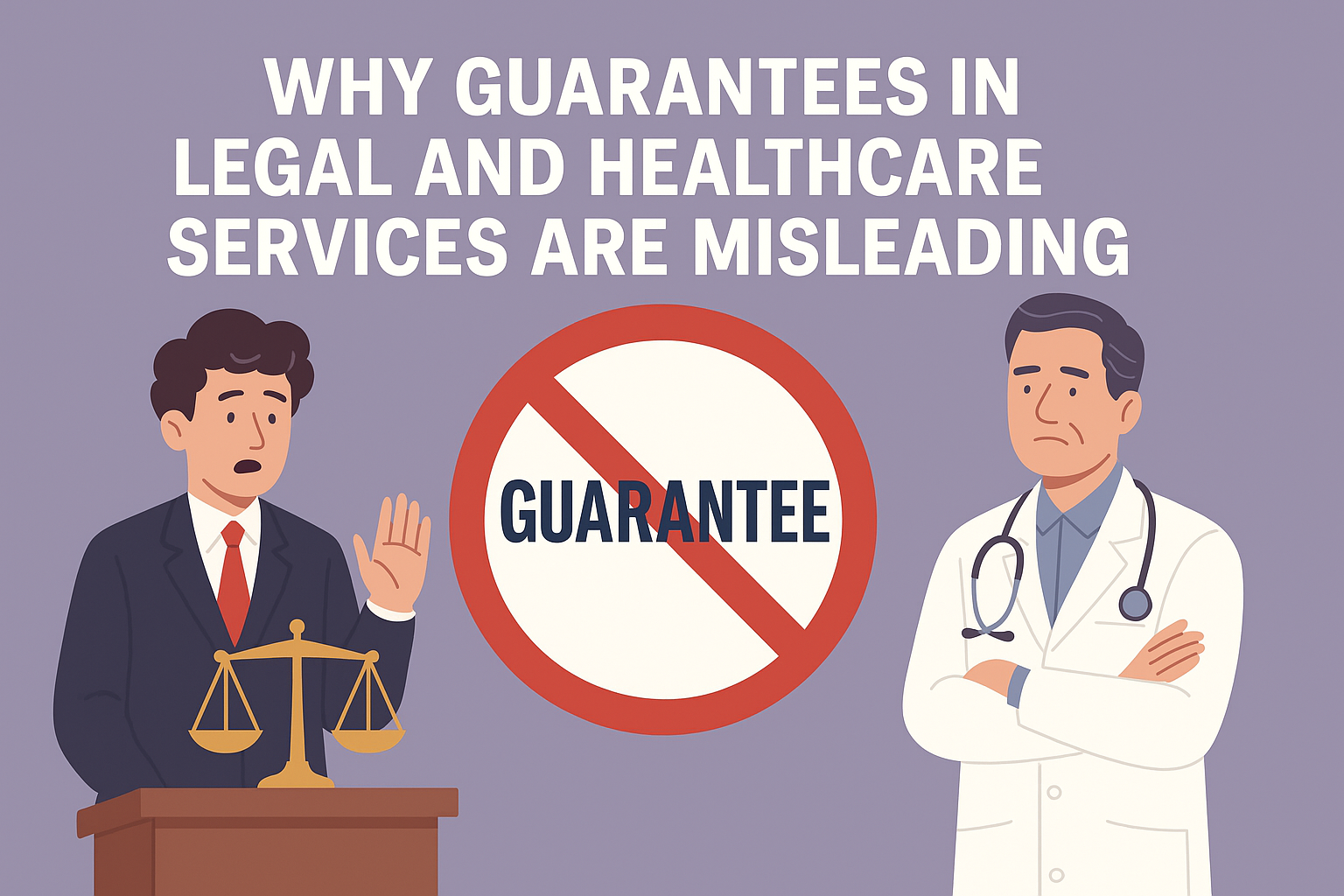Constitutional Safeguards Against Workplace Discrimination
The Indian Constitution guarantees protection from discrimination in employment and education. The three foundational articles are:
Article 14 – Equality Before Law
Ensures equal treatment and equal protection by the law for all citizens. It’s the backbone of anti-discrimination jurisprudence.
Article 15 – Prohibition of Discrimination
Bars the State from discriminating on grounds of religion, race, caste, sex, or place of birth.
Clause 3 empowers affirmative action for women and children.
Clause 4 & 5 allow special provisions for socially and educationally backward classes, SCs, and STs.
Article 16 – Equality in Public Employment
Provides for equal opportunity in matters of public employment, while allowing reservations for backward classes (Clause 4) and economically weaker sections (EWS).
Landmark Supreme Court Cases on Workplace Discrimination
Air India v. Nargesh Mirza (1981)
Struck down sexist employment conditions like termination upon pregnancy as unconstitutional under Articles 14 and 15.
Neera Mathur v. LIC (1991)
Held that dismissing a woman for pregnancy non-disclosure violates constitutional protections and human dignity.
Vishaka v. State of Rajasthan (1997)
Laid the groundwork for the POSH Act, 2013, issuing binding guidelines for prevention of sexual harassment at the workplace.
Secretary, Ministry of Defence v. Babita Puniya (2020)
Extended Permanent Commission to women in the Indian Army, asserting that physiological differences cannot justify discrimination.
Lt. Col. Nitisha v. Union of India (2021)
Recognized indirect discrimination, stating that facially neutral policies that disproportionately affect women are unconstitutional.
Deepika Singh v. CAT (2022)
Upheld the right to maternity leave even in complex personal circumstances, expanding protections under Article 14.
Sukanya Shantha v. Union of India (2024)
Declared caste-based segregation in prisons a violation of Articles 14, 15, and 21, affirming workplace dignity and equality for SC/ST employees.
Recent Developments: Gender, Caste & LGBTQ+ Workplace Inclusion
Transgender Rights in Employment
In 2024, the Supreme Court upheld Tamil Nadu’s decision to reserve 1% of public sector jobs for transgender persons, citing Articles 14–16 and the Transgender Persons Act, 2019.
State-Sponsored Caste Census Data
-
Bihar & Telangana caste surveys (2022–23) revealed systemic underrepresentation of SC/ST/OBC workers in the formal sector.
-
Calls for a nationwide caste census have intensified to shape data-driven diversity policies.
POSH Act Non-Compliance Still High
According to UN Women (2024), 36% of Indian companies are still non-compliant with the POSH Act, a decade after its enactment.
Statistics on Discrimination in Indian Workplaces (2023–24)
| Indicator | Data Source | Finding |
|---|---|---|
| SC/ST crimes reported | NCRB 2023 | 50,900 cases of caste-based violence |
| POSH compliance | UN Women 2024 | 36% of companies non-compliant |
| Women in leadership | LinkedIn India 2023 | Only 19% in top roles |
| Transgender workforce inclusion | State data | <1% in public sector jobs |
| Private sector caste bias | Media reports | Persistent exclusion in elite jobs and DEI programs |
Key Legal Provisions Used in Anti-Discrimination Cases
| Law | Application |
|---|---|
| POSH Act, 2013 | Prevents sexual harassment of women at workplace |
| SC/ST (Prevention of Atrocities) Act, 1989 | Criminalizes caste-based workplace abuse |
| Transgender Persons (Protection of Rights) Act, 2019 | Prohibits gender identity discrimination |
| Equal Remuneration Act, 1976 | Mandates equal pay for equal work regardless of sex |
| Maternity Benefit (Amendment) Act, 2017 | Increases maternity leave to 26 weeks |
Latest Legal Developments (2023–2025)
Horizontal Reservation for Transgender Persons
-
Tamil Nadu, Karnataka, and Kerala is recommend to provide 1–3% horizontal reservation for transgender individuals in public jobs Supported by Supreme Court and NALSA v. Union of India (2014).
Caste-Based Corporate Bias Reported
-
In 2024, surveys by Oxfam and independent journalists highlighted underrepresentation of SC/ST/OBC candidates in elite private sector jobs.
Inter-caste and Dalit Discrimination in Private Employment
-
Lack of legal mechanism in the private sector; demands are growing for a Caste Discrimination Law covering private companies and startups.
Union Budget 2025–26
-
Proposed incentives for companies with inclusive hiring practices for SC/ST, transgender, disabled, and religious minorities.
Roadmap to Workplace Equality in India
1. Mandatory Diversity & Inclusion Audits
Periodic audits to assess workplace diversity on gender, caste, and identity lines.
2. Stronger Implementation of SC Rulings
Ensure compliance with key Supreme Court mandates like Babita Puniya and Nitisha through monitoring.
3. Caste-Inclusive DEI Programs
Corporates should explicitly include caste equity in their Diversity, Equity & Inclusion frameworks.
4. Enforce POSH in Informal Sector
Bring gig workers and informal workers under the POSH Act’s ambit through state rules and outreach.
Final Thoughts: The Legal & Cultural Shift Toward Equality
While India’s legal framework—anchored in Articles 14, 15, and 16—is robust, enforcement remains uneven. The Supreme Court has consistently expanded protections, but progress on the ground hinges on political will, corporate commitment, and social awareness.
ncase, You wish to discuss, and talk on any such matter that, ‘You may need help with’. Feel free to contact us. Our team at www.legalwellbeing.in shall be happy to assist.
Written by Team Member(s) and Ms. Varsha Dubey.
Frequently Inquired Questions
Q1. What are the laws against caste discrimination in Indian workplaces?
A: Articles 14–16 of the Constitution, SC/ST (PoA) Act, and related Supreme Court rulings ensure protection.
Q2. What are landmark cases on gender discrimination in India?
A: Air India v. Nargesh Mirza, Vishaka, Babita Puniya, Nitisha, and Deepika Singh are key.
Q3. Is there a law for transgender rights in Indian employment?
A: Yes, the Transgender Persons (Protection of Rights) Act, 2019 and recent Supreme Court judgments uphold those rights.
Q4. What is Article 15(3) and how does it help women?
A: Article 15(3) allows the State to make special provisions for women and children, enabling affirmative action.










